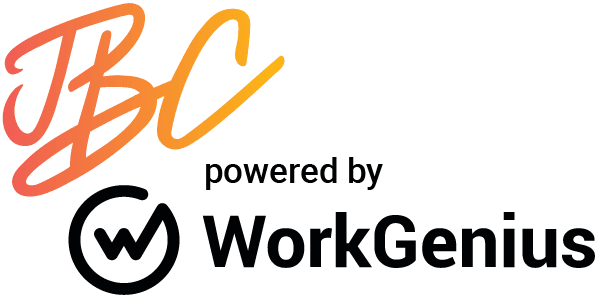
Contract and freelance employment has been more relevant than ever. Both candidates and clients may prefer this due largely in part to the fact that both job seekers and employers can benefit from this format of work in a volatile market. Although there are many reasons for the need of freelance/contract workers, more recently, companies that were forced to downsize due to the unforeseen circumstance of COVID-19 might need to fill one of those gaps quickly and for a short period of time.
For those who have traditionally worked in full-time jobs, the thought of pursuing a freelance opportunity comes with many questions.
How do you get a freelance job?
How long do these jobs last?
Is it full-time or part-time?
Do they offer health insurance and other benefits?
Well, we are here to help answer all of these questions and more as many of you begin to transition towards this workforce structure.
We reached out to our VP of Freelance Recruitment to help answer our most commonly asked questions:
How can you find what freelance opportunities are out there? Freelance/contract opportunities are often posted just as regular jobs are! However, some companies choose to give us (or another agency) these roles directly as they know the right talent will get to them fast!
What preparation is needed to be a freelance worker? This is a case-dependent question, but it’s pretty much in line with what you would need for any full-time role. One main difference is that freelance roles do not traditionally have a long interview process, sometimes they don’t even interview at all but rather hire simply based on a resume due to the nature of the role. But just like any role, should it be something creative, you may need to provide a portfolio or do a small project depending on the job type – so make sure to keep your work up to date!
Are all freelance roles remote? As the term “remote” is becoming an aspect of the “new normal”, location is less of a requirement for an increasing number of job searches even more so for contract/freelance roles. Many companies are open to having workers sit anywhere (within the country of the job) as they are realizing more and more that they can be effective this way. So, while not all freelance is remote, it very well may be in today’s world!
What’s the benefit of working freelance?
– Getting the opportunity to try out various companies, cultures, job types and seeing if you like them before committing to working there full-time. It’s also sometimes a “try before you buy” for both you and the company as many freelance roles do have potential to go permanent.
– More flexibility! Especially now, the positions can often be remote, awarding freelancers to choose/flex their hours. With more remote opportunities, people can work for companies across the country, opening the door to companies they previously wouldn’t have been considered for.
Why freelance through JBC? Not only do we bring a personal approach to recruitment and can help you select the job that is right for you, we also have access to many freelance roles that are simply not posted on the internet! In addition, we offer benefits to many of our freelancers depending on the length of assignment/duration of working through JBC.
At JBC, we provide an ease and quality of service that is unmatched for both our clients and candidates. Our recruiters are consultative and will support you through any challenges, making your choice to become a freelancer easy!
If you are open to hearing about freelance opportunities, tell your recruiter today.

